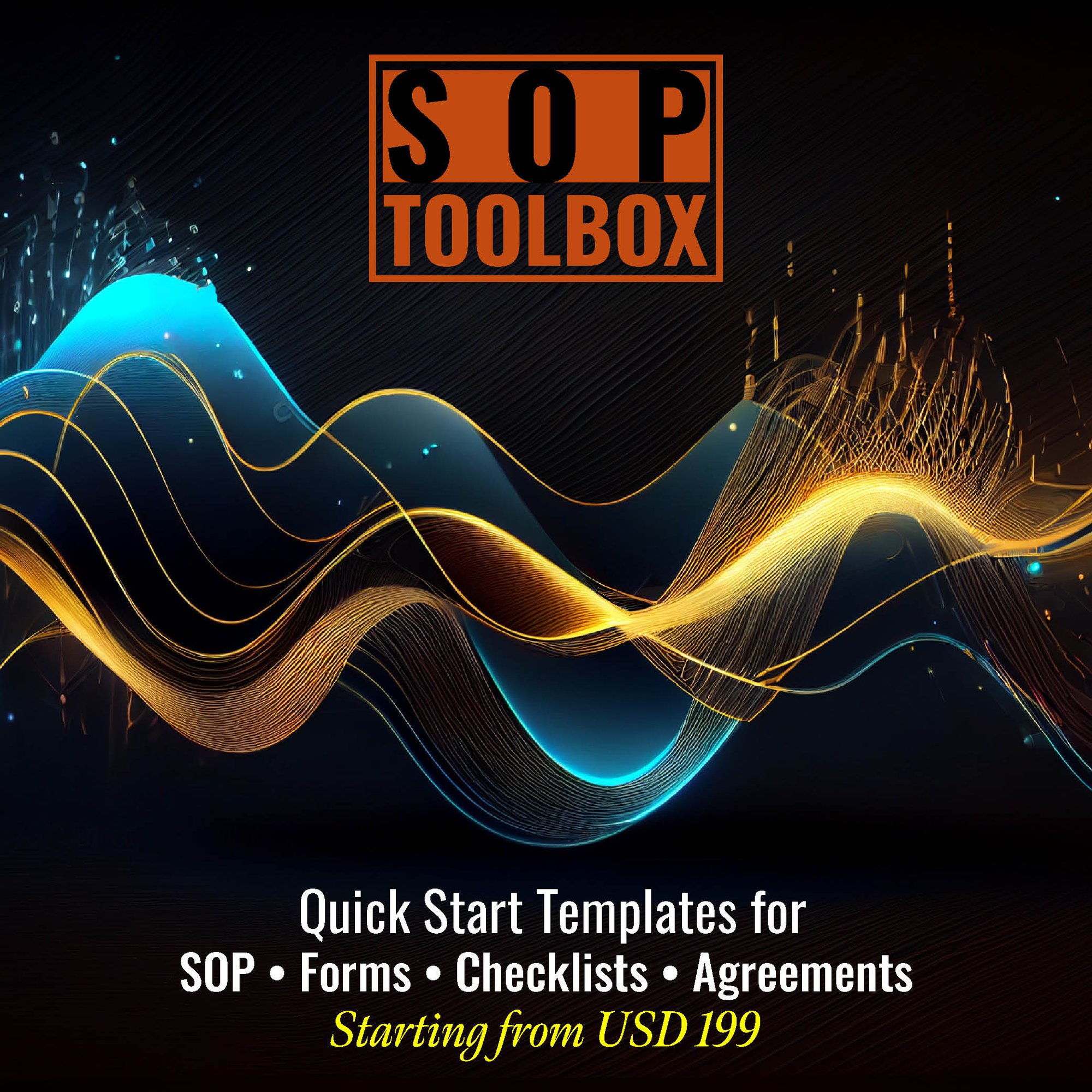Product Lifecycle Management (PLM) Standard Operating Procedures (SOPs) provide a structured framework for managing a product from inception to retirement. These SOPs ensure consistency in product design, development, production, marketing, and disposal. By defining clear processes, PLM SOPs help organizations streamline workflows, enhance collaboration, and improve decision-making across departments. Effective PLM SOPs reduce time-to-market, improve product quality, and ensure compliance with industry regulations. They also facilitate innovation by managing product data, tracking revisions, and aligning teams with business objectives. Implementing standardized PLM processes is essential for maximizing efficiency, reducing costs, and ensuring long-term product success.















Leave a Reply